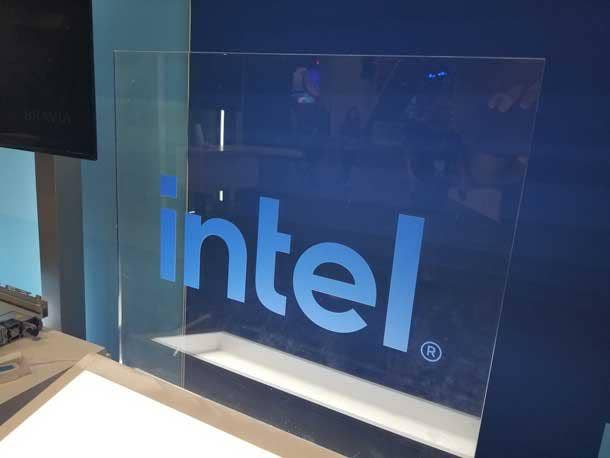Intel Forges Alliance To Back National Security Effort
The Santa Clara, Calif. chip icon will launch new design program with several companies aimed specifically at U.S. government and military applications. One channel partner says the alliance can help diversify the supply chain ‘which is good for the channel and everyone else.’

Intel Foundry Services (IFS) on Monday launched the USMAG (United States Military, Aerospace and Government) Alliance to shore up chip design and production for national security applications.
Santa Clara, Calif.-based Intel said it will work with Cadence, Synopsys, Siemens EDA, Intrinsix and Trusted Semiconductor Solutions – all of which have U.S. manufacturing capabilities – to provide design and production on advance process technologies that meet strict standards for national security, IFS said.
This new alliance will focus on securing vital information systems and decision networks, requiring scalable chip design and production capabilities. IFS said securing chips for this work requires a closely coordinated effort between manufacturers.
In August, U.S. President Joe Biden signed the CHIPS Act into law, promising an injection of $52 billion in subsidies and tax credits for U.S. chip manufacturing.
“Semiconductors enable technologies critical to U.S. national security and economic and global competitiveness,” Randhir Thakur, president of IFS, said in a statement. “Intel is committed to restoring end-to-end U.S. chipmaking leadership through major investments in both R&D and scale manufacturing here in the United States. As the only U.S-based foundry with leading-edge process capabilities, IFS is uniquely positioned to lead this effort and galvanize the ecosystem to build a more resilient and secure supply chain for U.S. military, aerospace and government customers.”
Kent Tibbils, vice president of marketing for Intel distributor ASI Corp. in Fremont, Calif., said the alliance’s efforts to reel in government work might fast track Intel’s supply chain ambitions – which is ultimately a plus for channel partners.
“There’s a component that’s for the overall health of Intel, then there’s diversification for the supply chain, which is good for the channel and everyone else. If they can diversify and make the supply chain more predictable, that’s what everyone throughout the channel wants.”
John Kalvin, Intel’s global channel chief, said the IFS alliance is part of the company’s overall IDM 2.0 strategy to strengthen and define its internal foundry model aimed at external customers and Intel’s own product line. That goal is good for channel partners, he said. “Ultimately, more capacity helps us build for the future,” Kalvin said in an interview with CRN.
For data center partners like ASI’s Tibbils, the goals of the alliance match up with channel needs. “Building fabs is not an easy undertaking, so if having this kind of deal can make that faster, that’s a great thing,” he said. “To have more capacity online sooner rather than later is a good thing.”